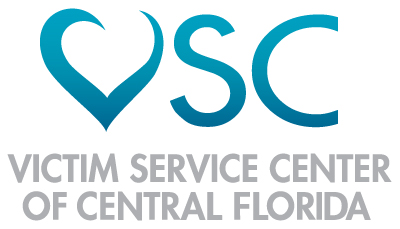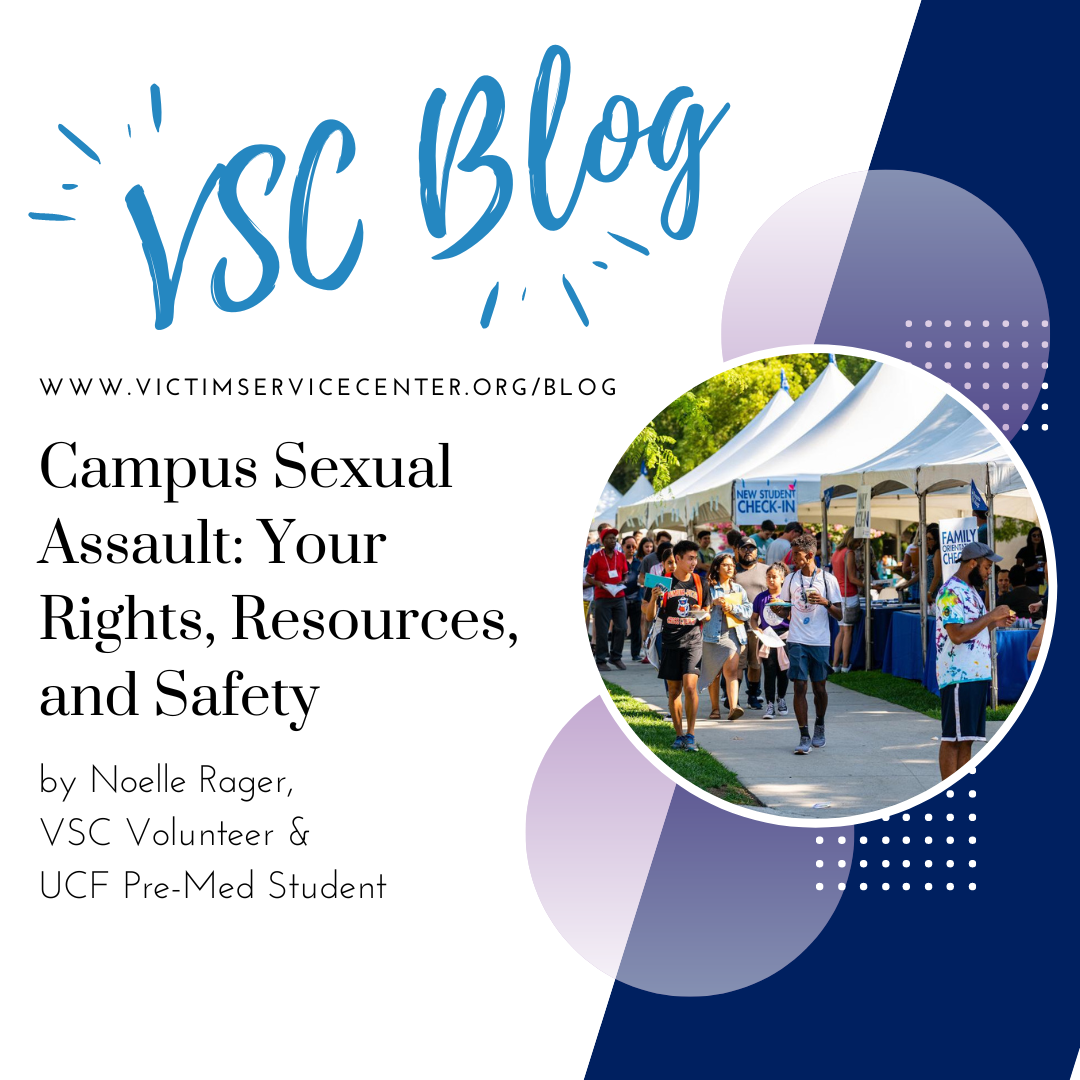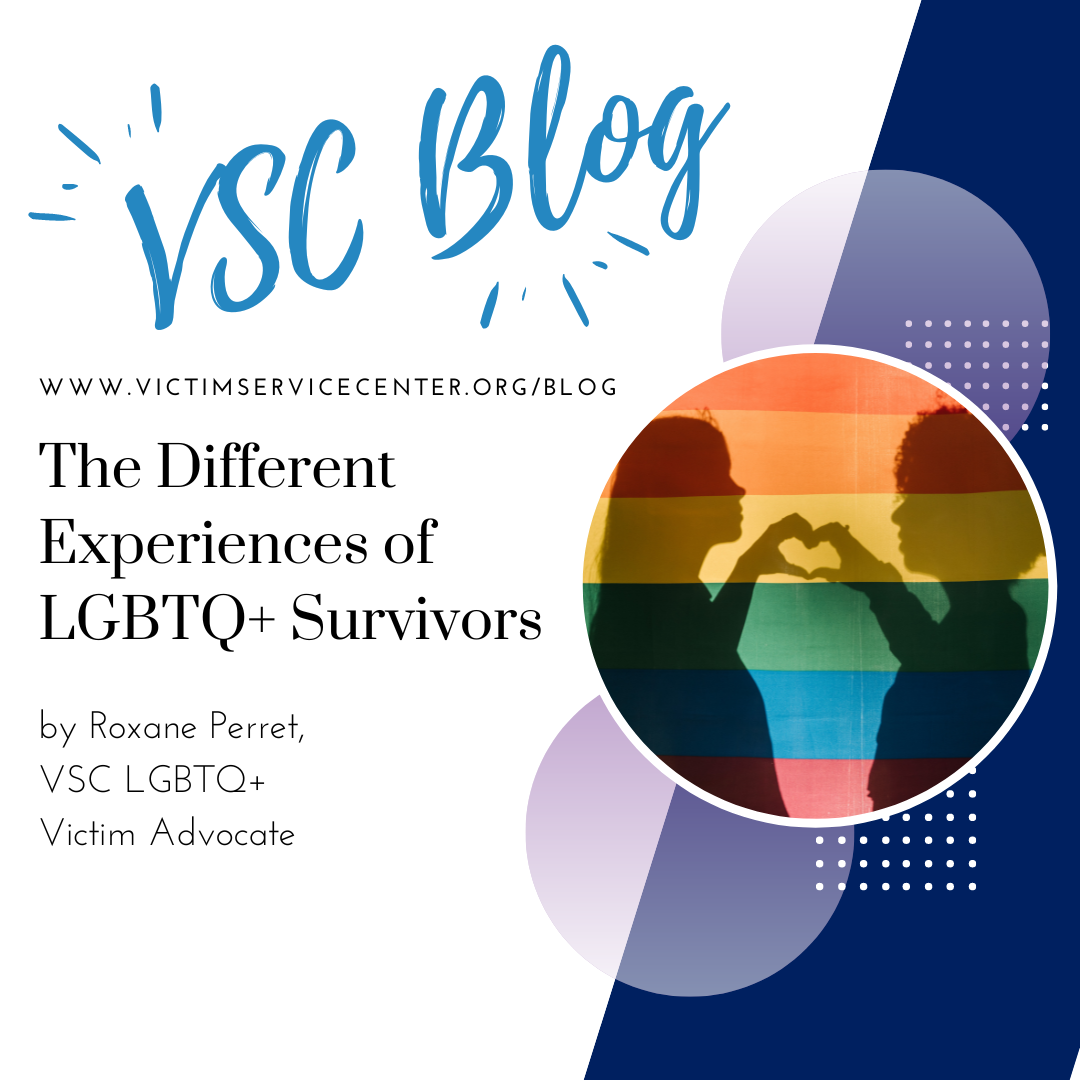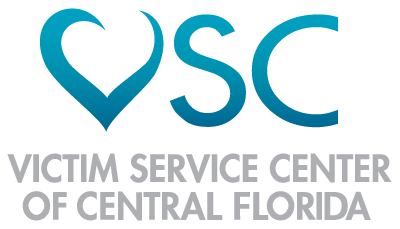by Hannah Miller, Rollins College Mental Health Counseling Student and VSC Social Justice Intern

What is Sex Work?
I would like to start off with a note on language. Members of the sex worker advocacy community prefer the terms “sex work” and “sex worker” over “prostitution” or “prostitutes”. It is sometimes necessary to use the latter terms when referring to legal terminology or particular language used in past research or literature. 1
With that being said, “prostitution” exists in the earliest lists of professions in the Sumerian records dating back to 2400 B.C. Over the centuries and across the world, the oldest profession has gone through everchanging combinations of being legal, illegal, criminalized, decriminalized, regulated, and taxed. Looking at the United States in recent years, sex work became legalized and regulated in 10 counties in Nevada, in 1971. However, male prostitutes were not legalized until 2009 because health codes specified that sex workers must undergo ‘cervical testing’ for sexually transmitted diseases, which ruled out men until the language was changed. 2
Sex work can be direct or indirect. Direct work is work that has a clear objective of exchanging sex for money, such as escorts, street sex work, brothels, and private sex work. Indirect work is associated with sex work but does not always involve sexual intercourse. This includes work like exotic dancing, BDSM, and massage parlors. Among direct and indirect sex work, there are various levels of control a sex worker has, and various levels of risk of harm associated. 3 Among other factors, sex work varies in the type of arrangement (formal or informal), the extent of involvement (part-time or full-time), setting (street or private setting), and degree of willingness (choice or coercion–which will be discussed further in the next section on Sex Trafficking).4
There are a few lenses or paradigms through which sex workers can be viewed, such as oppression and empowerment. The oppression paradigm views all sex workers as choosing this line of work because of experienced abuse and victimization, which is more often the case for individuals who have no other choice but to become a sex worker to survive. The empowerment paradigm emphasizes the choice some individuals have in becoming a sex worker. The polymorphous model recognizes that there are a variety of reasons people choose to pursue sex work.5
Despite the common belief that all sex workers are traumatized and working against their will, there are a variety of reasons people pursue work in the industry beyond oppression or abuse. Sex work can be a wanted choice or for survival, especially for individuals who have limited education and career opportunities. 4 We should decriminalize some people’s only way to survive, but more on that later.
Sex Work vs. Sex Trafficking
A marked difference between sex work and sex trafficking is consent verses coercion. Consent is when someone agrees to something of their own free will whereas coercion involves being convinced or compelled to do something you do not want to do through manipulation, threats, or force. Sex workers are either their own boss and decide what they want to do or they are an employee with rights.
Sex trafficking is a crime in which there is a lack of consent and instead force, fraud or coercion is used to cause someone else to sell sex for their own gain. Traffickers tend to target individuals who are most vulnerable or in need and may pretend to be a protective or romantic figure for a victim and promise financial gain. This process, known as sexual grooming, is used to control and manipulate an individual into sex trafficking. There are six primary stages of grooming: targeting a victim, gaining trust and information, filling a need, isolation, abuse, and maintaining control. Drugs are often used to keep people in sex trafficking, keeping victims in a daze and making it even harder for them to go to the police, so heavy drug use could be a warning sign that someone is being sex trafficked.6
Sex trafficking is by far the most commonly identified form of human trafficking and the world’s fastest growing criminal industry. Florida has the third highest rate of sex trafficking in the United States. Some people believe that sex work is a gateway to sex trafficking but research done by the American Civil Liberties Union (ACLU) shows no clear consensus of the relationship between criminalizing sex work and efforts to combat sex trafficking.1 It all comes down to power and control; do this because you want to verses do this or else.7 Among sex workers, those who exerted more control and choice over their work circumstances reported greater satisfaction.4 To learn more about sex trafficking and human trafficking, read Natalia Richard’s blog post titled Human Trafficking Awareness Month-What You Need to Know at http://victimservicecenter.org/human-trafficking-awareness-month-what-you-need-to-know/
Cultural Considerations and Intersectionality
A breakdown of demographics reveals sex workers are 40% black, 33% Latinx, and only 6% fully white supporting evidence that systemic racism leads people of color disproportionately to sex work. 79-87% of sex workers have been confronted by police, with higher rates for trans people and people of color.
Due to high rates of unemployment, lack of career training and education, and employment discrimination, many transgender women engage in sex work to survive. Transgender women of color sex workers face the most adversities due to their intersectional marginalized identities—including racial and gender discrimination, transphobia, and economic challenges (such as unemployment)—coupled with the social isolation and stigma associated with sex work. Sex work is linked to risks such as substance abuse, mental illness, sexually transmitted infections, and sexual and physical abuse, all of which transgender women of color experience higher rates of.8 Transgender sex workers are targets of mistreatment, stigmatization, physical and sexual violence more than their cisgender counterparts.4 Family rejection more than doubles the likelihood of transgender people going into sex work and becoming homeless. Feminine trans people are twice as likely as masculine trans people to participate in sex work. 7
Sex work has diverse conditions varying by culture and circumstance. You can learn much about how a society views sexuality, gender, class, and race by how it has historically viewed sex work. To fully understand the motivations, satisfactions, difficulties, and risks associated with sex work, it is important to learn more about the unique contextual conditions. 4
When talking about the legal status of sex work, intersectional social justice issues emerge since criminalization negatively affects sex workers who are LGBTQ+ (lesbian, gay, bisexual, especially transgender, queer/questioning, and more), immigrants, and BIPOC (black, indigenous, people of color) disproportionally more than their cisgender, heterosexual, white peers.1
Legal Statuses and Their Impact on Sex Work/ers
There are various legal and policy approaches towards sex work, specifically direct sex work—legally defined as “prostitution”. Those approaches range from full legalization (of both buying and selling sex), decriminalization, partial decriminalization, to full criminalization (of both buying and selling sex).
Partial decriminalization criminalizes the buying of sex but not the selling of it. This is known as the “Nordic Model”, as it originated in Sweden followed by Norway as well as the “End-Demand Model” because it was intended to end the demand for buying sex which was thought to be a way to combat sex trafficking. While appearing progressive, evidence shows that this model may instead keep sex trade “underground”, which elevates the level of violence buyers inflict on sex workers. As long as part of the profession is criminalized, there is still danger for sex workers.10
Violence and harassment towards sex workers by the public, clients, and police is enabled and encouraged by its illegal status. Criminalization of sex work can be a deterrent for individuals who are trafficked to escape their situations, and current laws stigmatize sex work thus creating barriers to health services including HIV care and prevention. 9
Legalization means regulation, health and safety standards, and making sure that underage individuals are not selling sex. By legalizing sex work, sex workers may be able to obtain health care without fear of arrest and carry condoms around without worrying that they could be used against them as evidence at a trial. Sex workers would be able to use the legal system in the event they are physically harmed at work, or to fight against poor and unsafe working conditions. Legalization would give sex workers healthier and safer working conditions.10 However, legalization also creates institutional barriers that further discriminate against sex workers who hold marginalized identities. It may also infringe upon the freedom of sex workers to do their work in the ways that best suit them.
The ACLU reviewed over 80 sources and found that research suggests a decriminalization model yields the best health, safety and economic outcomes for sex workers and the community as a whole.1 In the U.S., a legislator in Vermont introduced a bill to decriminalize sex work at the beginning of 2020 stating that sex work is not a public safety threat; the real threat is the fact that sex workers are driven underground and live in dangerous conditions.9
If a government does not recognize sex work as work, occupational health and safety standards cannot be met or regulated for sex workers as it is for employees in every other occupation. In order to improve the health and wellbeing of sex workers, we must shift towards a view of sex work as a valid profession through the implementation of legal and public policy reforms. Sex workers deserve personal independence and privacy, and to feel safe working in the public sphere. Decriminalization would allow them that freedom and safety to work.10
Sources:
1. American Civil Liberties Union. (2020). Is sex work decriminalization the answer? What the research tells us. https://www.aclu.org/report/sex-work-decriminalization-answer-what-research-tells-us
2. ProCon. (2013, August 28). Historical Timeline: History of Prostitution from 2400 BC to the Present
https://prostitution.procon.org/historical-timeline/
3. Harcourt, C., & Donovan, B. (2004). The many faces of sex work. Sex Transm Infect 2005, 81, 201-206.
https://sti.bmj.com/content/81/3/201
4. Bianchi, F. T., Reisen, C. A., Zea, M. C., Vidal-ortiz, S., Gonzales, F. A., Betancourt, F., Aguilar, M., &
Poppen, P. J. (2014). Sex work among men who have sex with men and transgender women in Bogotá. Archives of Sexual Behavior, 43(8), 1637-50. https://link.springer.com/article/10.1007/s10508-014-0260-z
5. McCarthy, B., Benoit, C., & Jansson, M. (2014). Sex work: A comparative study.
https://link.springer.com/article/10.1007/s10508-014-0281-7
6. Natalia Richard’s blog post titled Human Trafficking Awareness Month-What You Need to Know at http://victimservicecenter.org/human-trafficking-awareness-month-what-you-need-to-know/
7. VSC Podcast, episode 22: Sex workers and Sexual Violence
8. Nemoto, T., Bödeker, B., & Iwamoto, M. (2011). Social support, exposure to violence and transphobia, and correlates of depression among male-to-female transgender women with a history of sex work. American Journal of Public Health, 101(10), 1980-1988.
https://ajph.aphapublications.org/doi/full/10.2105/AJPH.2010.197285
9. Sean Bland & Benjamin Brooks. (2020). Improving laws and policies to protect sex workers and promote health and wellbeing: A report on criminalization of sex work in the District of Columbia. Whitman-Walker Institute, O’Neill Institute For National and Global Health Law, and HIPS. https://whitmanwalkerimpact.org/wp-content/uploads/2020/12/Sex-Worker-Law-and-Policy-Report-FINAL.pdf
10. Welch, B. (2021). Public Health and Sex Work: Using History to Motivate Change. Journal of Legal
Medicine., 41(1-2), 95-108. https://www.tandfonline.com/doi/pdf/10.1080/01947648.2021.1935633?needAccess=true
Other sources that may be useful for more information:
Decriminalize Sex Work is a national organization pursuing a state-by-state strategy to end the
prohibition of consensual adult prostitution in the United States. They provide information, advocacy resources, press releases, and more. Visit https://decriminalizesex.work/ to learn more.
This webpage details the prostitution policies in 100 countries around the world. Some data may be outdated but this webpage provides a source to refer to the most updated information: ProCon. (2018, April 23). Countries and their prostitution policies. https://prostitution.procon.org/countries-and-their-prostitution-policies/
This webpage details the laws and related punishments for prostitution in all 50 states: Procon. (2018, May 4). U.S. federal & state prostitution laws and related punishments. https://prostitution.procon.org/us-federal-and-state-prostitution-laws-and-related-punishments





